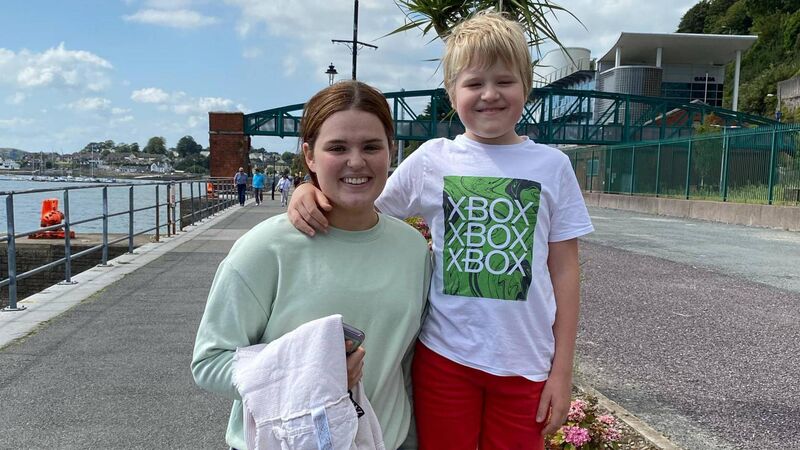Back to school: Routine is key for children with autism

OUT AND ABOUT: Before heading back to school, James Marshall and his sister Sarah enjoy a day out in Cobh.
Returning to school after an extended period due to a pandemic will be a challenge for many children. For those with autism, it could be especially difficult.
At its peak, lockdown meant little or no social interaction or access to support services for children with special needs.











